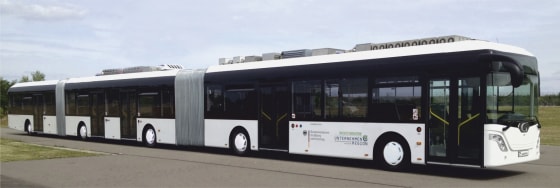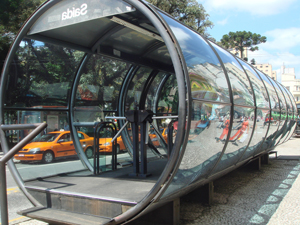- Joined
- Jan 22, 2012
- Messages
- 5,078
- Reaction score
- 1,661
Since a number of threads in the past weeks and months end up on this line of discussion, I figured I may as well make a place for it to belong instead of constantly derailing other threads.
Opening bid (from here):
Discuss.
Opening bid (from here):
^ So Boston is too provincially crippled by local politics to ever do anything ambitious that might ease our transit woes? Because if we can't, Boston is going to stagnate fairly quickly in the coming decades.
Boston will have similar problems to what Silicon Valley is going to have: Both cities will price themselves into slow and prolonged decline, but unlike Silicon Valley - Boston has to compete with the financial and growing technical giant that is NYC practically next door. VC money is flowing into Boston and driving the economy because they can exploit cheap (relatively speaking) and extremely talented young college and higher-degree graduates thanks to the central and metro regions insanely good education infrastructure.
Some VC money is more rooted here than other money; for example Bio-med VC's will probably continue to pick Boston because the talent needed for those companies is:
1) Hard to find usually
2) Requires lab infrastructure
3) Found easily at Harvard, MIT, Mass General etc etc.
But other VC money, for example, software-focused VC's are riding a bubble that is going to pop eventually (or at least the social application madness, which has fueled software's insane growth since 2000 - and can rely on 20 something developers because they don't need domain expertise to design and implement this particular class of software)
Software companies though can be located anywhere. As a software engineer I can work remotely 90+% of the time. It may make sense for a software company to keep a small presence in a city so it can be close to customers or funding, but we don't need huge offices anymore housing tens, hundreds or thousands of developers. Software companies are going to wake up eventually and basically say:
(1) We don't need a dedicated physical location in the city for our developers.
(2) Therefore, we do not need to pay SV, Boston or NYC wages because our workforce can be geographically diverse.
This is the danger in having a one or two-trick economy. Boston needs to get a maintain-cost or get cheaper and also diversify it's industry if it wants to survive the 21st century.
Discuss.


